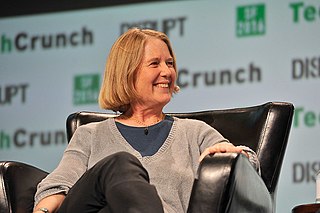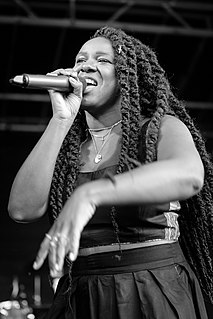A Quote by Richard Louv
American family life has never been particularly idyllic. In the nineteenth century, nearly a quarter of all children experienced the death of one of their parents.... Not until the sixties did the chief cause of separation of parents shift from death to divorce.
Related Quotes
It is misleading to discuss recent changes in family life without emphasizing the fact that for generations some Americans have had to raise children under particularly appalling pressures. Although much of what is worrying American parents is shared by them all, the most grievous problems are those that especially afflict a large minority--the poor, the nonwhite and, in various ways, the parents of handicapped children.
The big things in the average person's life are the romances that they have - and then the destruction and loss of them. Parents, siblings, children, the death of parents, family tension... these are monumental things. They struck me as being interesting to write about. I didn't have a very exotic life, but all this stuff happened to me.
As many conventionally unhappy parents did in the 1950s, my parents stayed together for the sake of the children—they divorced after my youngest brother left home for college. I only wish they had known that modeling their dysfunctional relationship was far more damaging to their children than their separation would have been.
I've overcome a lot - sexual abuse, death of a loved one, bad parents and experienced life. My nature is such I not only survived all this but I have thrived. I've always been psychologically ambitious in that I've never been willing to settle emotionally for anything less then what's needed. I've wanted more then that from life.
I have much more power and protection than Salman Rushdie, because I'm an American citizen, but yes, I live in terrible fear for my life and for the lives of my children. My whole family has been threatened, my adoptive parents had to sell their house and move out of Washington, D.C. because of death threats caused by my work and activism.
As deaths have accumulated I have begun to think of life and death as a set of balance scales. When one is young, the scale is heavily tipped toward the living. With the first death, the first consciousness of death, the counter scale begins to fall. Death by death, the scales shift weight until what was unthinkable becomes merely a matter of gravity and the fall into death becomes an easy step.
There are many things children accept as "grown-up things" over when they have no control and for which they have no responsibility--for instance, weddings, having babies, buying houses, and driving cars. Parents who are separating really need to help their children put divorce on that grown-up list, so that children do not see themselves as the cause of their parents' decision to live apart.
Everybody is afraid of death for the simple reason that we have not tasted of life yet. The man who knows what life is, is never afraid of death; he welcomes death. Whenever death comes he hugs death, he embraces death, he welcomes death, he receives death as a guest. To the man who has not known what life is, death is an enemy; and to the man who knows what life is, death is the ultimate crescendo of life.
Adolescence is a time when children are supposed to move away from parents who are holding firm and protective behind them. When the parents disconnect, the children have no base to move away from or return to. They aren't ready to face the world alone. With divorce, adolescents feel abandoned, and they are outraged at that abandonment. They are angry at both parents for letting them down. Often they feel that their parents broke the rules and so now they can too.


































